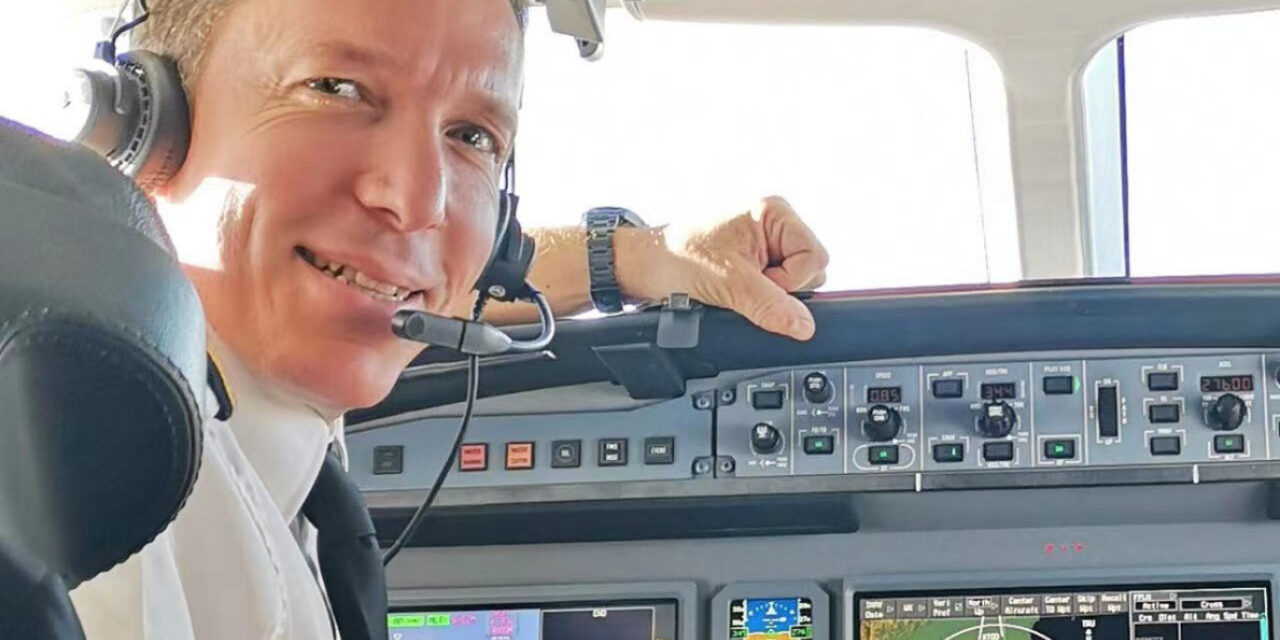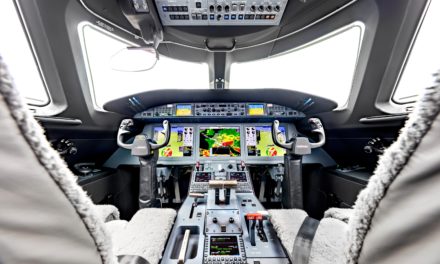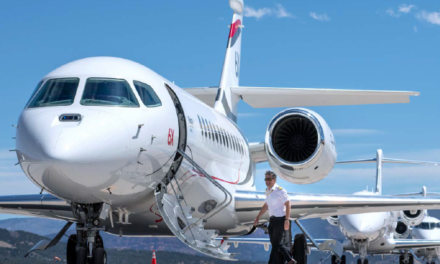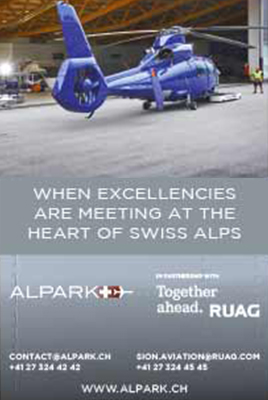By Ben Rosinger
Such could be the title of a documentary series in several seasons in view of the perpetual twists and turns experienced these last two years in the Middle Kingdom. China is indeed a country in perpetual movement and shows it to us daily with its restrictions and quarantine or access and exit of its territory to protect his population. The Middle Kingdom has not finished with the Covid crisis, but should be soon with last positive signs . While in the West, we have already moved to another crisis, energy this one. This sanitary crisis has generated a worldwide economic degradation which also shake business aviation in China.
Fewer flights, fewer planes and therefore fewer crews… Bad ingredients in a market that had in recent years all the attention of the major players in business aviation who saw in this country, a new economic lung for their activities. One virus later, the crew market has well slow down. If they are not encouraged to leave the country, Western crews find it difficult to project themselves into this vast country which, thanks to its economic power, has nevertheless been able to develop a real aeronautics environment from scratch and with a big perspective of evolution.
China’s strength in relying on Western expertise could now become its weakness. And the departure of crews is a first sign. Despite a population of more than 1.4 billion people, China has not been able to build a real professional business aviation crew community yet. At the time of writing, too few Chinese pilots are still trained in the business aviation sector, and they need more international experience and better english skills. Stay or leave while waiting for a new lightning which could arrive soon. This is the dilemma of a good number of foreign pilots whose latent but perceptible
departure is more and more felt within the companies that are struggling to meet the flight demands.
Let’s be honest, this change of Western pilots has been going on for many months. FL470 noticed it early this year when it answered to many recruitment offers for qualified pilots on Dassault Falcon, Bombardier or Gulfstream for the United States and the Middle East. These are two regions with distinct markets. One is a historical region, where business aviation was born and flourished, and where the market is growing steadily, especially in the high-end segment. The second, which has been relatively quiet until now, is now back in the spotlight with operators and manufacturers since the release of the health protocols. This is a sign of a return to basics, which leads us to hope for a long-term lull, or even better, a global recovery. This may not have taken into account Europe, which has been stable until now, but which is now being shaken by a war on its doorstep and an inflation coupled with an energy crisis that may cause it to falter.
Aviation is a cyclical industry and depending on international events, the resilience and mobility of pilots must be like the movement of a wave. This allows them to gain experience and additional knowledge that will be an asset in a pilot’s career.
It is therefore urgent to project oneself and to take advantage of these new opportunities in order not to miss the train.










